'Belushi': Long Lost Tapes Reveal Brilliant, Tormented Star Who "Changed the Nature of Comedy"11/19/2020
RJ Cutler's documentary on John Belushi premieres on Showtime Sunday night
Some losses you just don't get over. For American culture, one of those is the death of John Belushi at the age of 33, a tragedy that deprived the country of one of the most gifted comedians it ever produced.
I was traveling abroad in March 1982 when I heard the news of Belushi's fatal overdose, and to this day I can't think of it without getting a pit in my stomach. What he contributed to the culture and what his life meant to those closest to him comes through in the new documentary Belushi, directed by RJ Cuter (The September Issue, The World According to Dick Cheney). The film, premiering on Showtime this Sunday (November 22), draws on audio recordings made decades ago with an array of people who worked with Belushi, on Saturday Night Live, Animal House, and The Blues Brothers. The luminaries include his buddy Dan Aykroyd, Chevy Chase, Jane Curtin, SNL creator Lorne Michaels, Carrie Fisher, Harold Ramis and Ivan Reitman. I wanted to make a film about how did John Belushi live.
Cutler also did new interviews with the comedian's widow, Judy Belushi Pisano, who had kept those recordings as well as other rare materials used in the film, among them letters Belushi wrote to his wife that reveal hopes, dreams, struggles to become recognized for his talent, the later explosion of fame, and a ruinous addiction to drugs.
When I spoke with Cutler he told me about the origins of the documentary and how the audio recordings informed his approach.
RJ Cutler: When I was first working on the film I spent a fair amount of time [chatting] with folks who had known John and I started to feel like the stories they were telling me were kind of lost in the foggy haze of memory and they felt a little [like], "These are the stories I tell when I tell stories about John Belushi." What they didn't have was a kind of raw immediacy and presence, the very things that I felt strongly a movie abut John Belushi would need. I didn't want to make a film that was about remembering John Belushi four decades hence. I didn't want to make that film anymore than I wanted to make [a film] about how did John Belushi die. I wanted to make a film about how did John Belushi live. I wasn't sure quite what I was going to do until Judy Belushi invited me up to Martha's Vineyard with my producing partners on the film and welcomed us to look through the archives she'd kept of John's belongings, all of the things from his life. Included in that several boxes of audiotapes were material that she and [author] Tanner Colby had collected in what they had decided, in the wake of John's death, to conduct an oral history. And those tapes had never been heard by anybody. So we took them and we listened to them and we found the foundation for our film. Part of what is poignant about the film is that a number of the people we hear talking about Belushi have since died. Cutler: [The tapes] gave us access to those to whom we otherwise would not have had it. Carrie Fisher, Harold Ramis, Penny Marshall, so important to be able to hear their words and their reflections and their insight and their wisdom. What are some of the things we learn from the tapes? Cutler: We learn so much. We learn about John's childhood from [his brother] Jim Belushi and his childhood friends. We learn about the origins of Saturday Night Live from Lorne Michaels and so many of the people who were around them -- Alan Zweibel and others, Rosie Shuster and Tom Schiller. We learn about John's years in National Lampoon from Matty Simmons. We learn about the early years of John in New York from Ivan Reitman. We learn about the movies, The Blues Brothers and Animal House, from John Landis. We learn about John as a human being from Penny Marshall. We learn about the burdens of addiction and the unique kind of nature of John's struggles with addiction from Carrie Fisher, and we learn about his whole life from Judy Belushi, who was kind of enough to allow me to interview her multiple times over a two year period and whose insights really make the film I think something special.
The audiotapes certainly reveal how special the relationship was between Belushi and Aykroyd.
Cutler: Dan's description of it is "love at first sight" and in all of my research I found nothing that contradicted that and only confirmations of it, that the moment these two men met they recognized in each other, as Dan says, a potential for a great friendship. I think they recognized in each other the potential for a lifelong friendship and working partnership. It was a very beautiful thing and we were all the beneficiaries of it.
Belushi's relationship with Lorne Michaels was rather more fraught. [Ed. note: the film explores Belushi's initial reluctance to join the SNL cast, Michaels' "skepticism" about him, as well as Belushi's frustration that he didn't get as many moments to shine on the show's first season as he had hoped]
Cutler: It shouldn't surprise us that two men of extraordinary vision, when first brought together, needed to find a way to accommodate each other. And to Lorne's credit he ultimately embraced John and to John's credit he had the patience to wait for his moment, as difficult as that was through the first season of Saturday Night Live... It's easy to understand how they locked horns at first just as it's easy to be grateful for the fact that they found a way to accommodate each other that ultimately benefitted them both. There are examples in the film when Belushi's behavior was, one might say, less than admirable. Jane Curtin, for instance, says Belushi "didn't respect" the women on SNL. Cutler: We humans are complicated and John certainly represented that aspect of humanity well. I try not to judge. In the film, someone describes Belushi as pure id. It made me think of Trump, who is sometimes described that way too. Cutler: John Belushi was a great artist and a visionary who changed the nature of comedy and whose work remains vital to this very day. Donald Trump is somebody who the sooner we forget the blight he's put upon the world the better off we'll all be.
How do you think Belushi changed the nature of comedy?
Cutler: Guess who put that first season cast [of SNL] together before Lorne Michaels? Don't guess -- you know the answer. Who collected them from Toronto and Chicago and New York and brought them together to be his cast members on the National Lampoon Radio Hour? That was John Belushi. And who got them all to work together for the first time under his direction? That was John Belushi. Who had the vision that they would all be able to work together and be able to accomplish great things and who hosted them all for Thanksgiving and partied with them and in the critical moment grew up with them before they emerged as national figures as the cast members of Saturday Night Live? That was John Belushi. Then he went on from there... He went on kind of to change the nature of comedic film performance, to presage performance art with the Blues Brothers in a way that achieved at a level that was never eclipsed by the performance art movement, but also was a decade ahead of its time. This guy was pure visionary. Where do you think Belushi might have taken his career had he not died so young? It's a little like asking if Tom Seaver were pitching today would he be a Cy Young candidate? It's one of our favorite parlor games as sports fans. And I always err on the side of talent and genius and that's the side I want to err on with John. He showed us through his life that he was a visionary and an artist who was always pushing himself to stretch in new directions and take on new challenges. And the one thing I think we can be certain of is that he would have continued to do that throughout his life.
|
AuthorMatthew Carey is a documentary filmmaker and journalist. His work has appeared on Deadline.com, CNN, CNN.com, TheWrap.com, NBCNews.com and in Documentary magazine. |
- Home
- News
- Videos
-
Galleries
- 2019 Tribeca Film Festival
- Full Frame Documentary Film Festival
- 2019 SXSW Film Festival
- SXSW 2018 Gallery
- 2019 Sundance Film Festival
- Outfest 2018 Photo Gallery
- Outfest 2017
- Sundance 2018 Photos
- 2017 LA Film Festival
- 2017 Cannes Film Festival
- Tribeca Film Festival 2017
- SXSW 2017 Gallery
- 2017 Berlin Film Festival
- Sundance 2017 Gallery
- 2016 Los Angeles Film Festival
- Cannes Film Festival 2016
- SXSW 2016 Gallery
- Berlinale 2016 Gallery
- Sundance 2016 Gallery
- Filmmaker Gallery
- About
- Contact
Proudly powered by Weebly
- Home
- News
- Videos
-
Galleries
- 2019 Tribeca Film Festival
- Full Frame Documentary Film Festival
- 2019 SXSW Film Festival
- SXSW 2018 Gallery
- 2019 Sundance Film Festival
- Outfest 2018 Photo Gallery
- Outfest 2017
- Sundance 2018 Photos
- 2017 LA Film Festival
- 2017 Cannes Film Festival
- Tribeca Film Festival 2017
- SXSW 2017 Gallery
- 2017 Berlin Film Festival
- Sundance 2017 Gallery
- 2016 Los Angeles Film Festival
- Cannes Film Festival 2016
- SXSW 2016 Gallery
- Berlinale 2016 Gallery
- Sundance 2016 Gallery
- Filmmaker Gallery
- About
- Contact

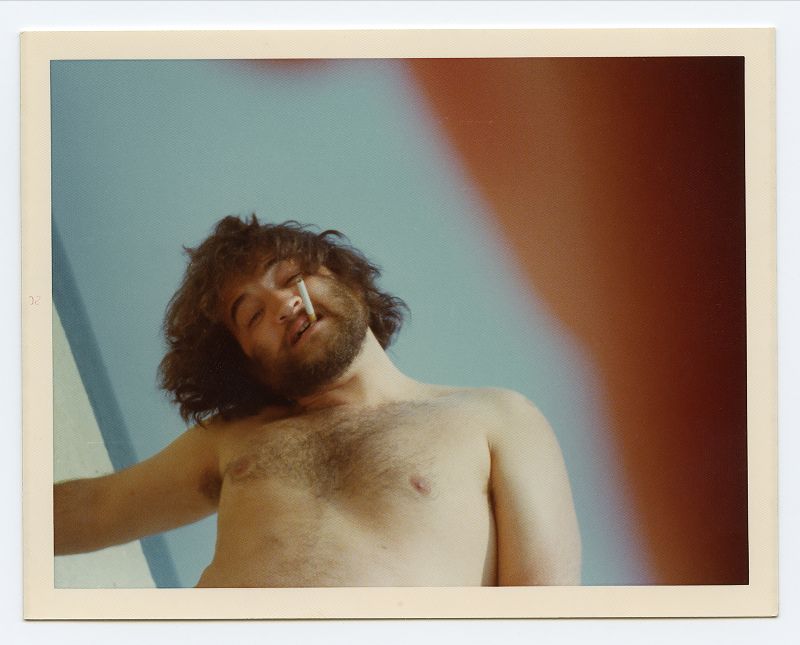
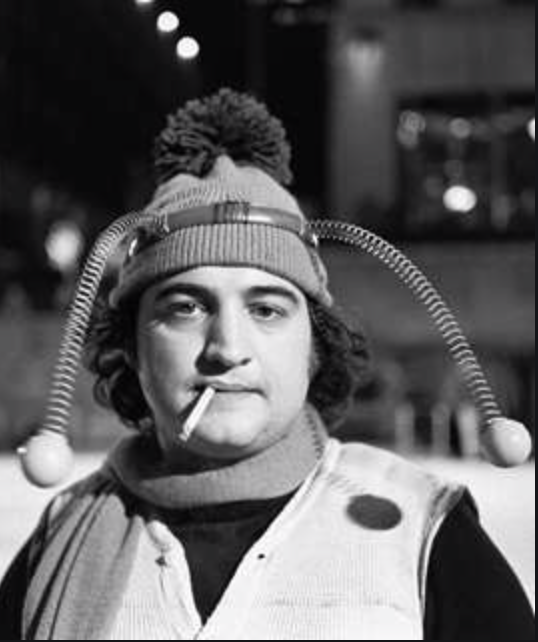
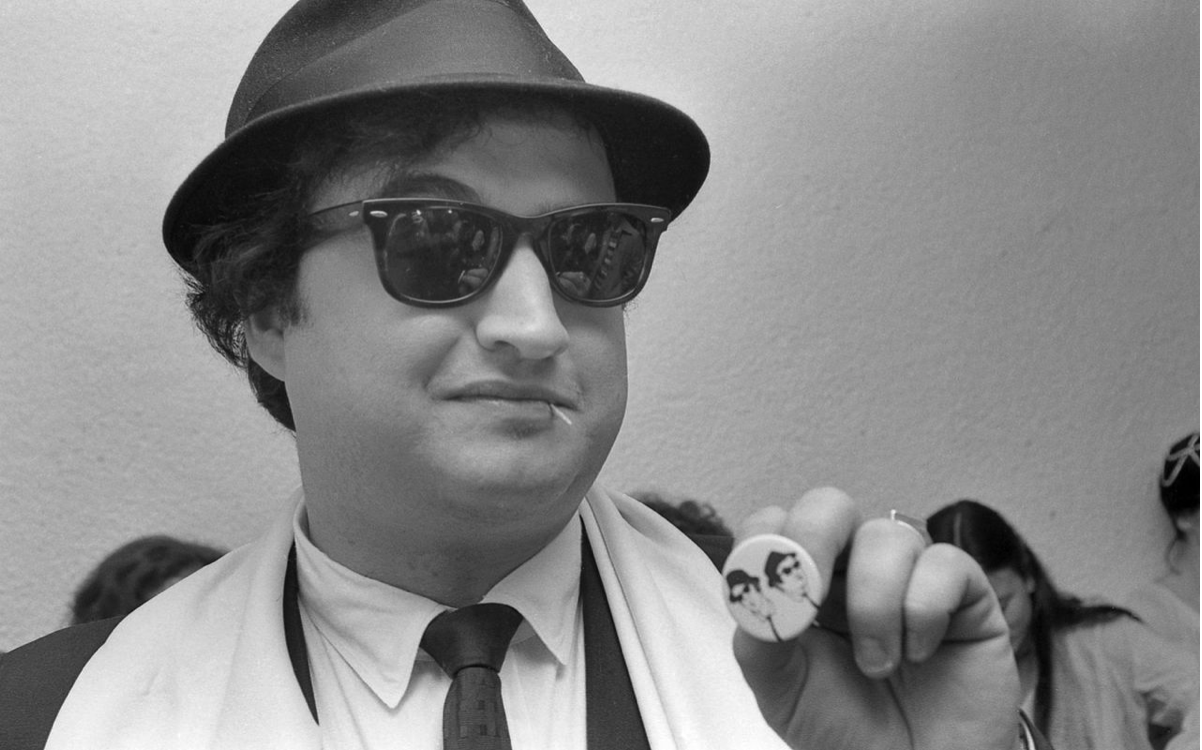
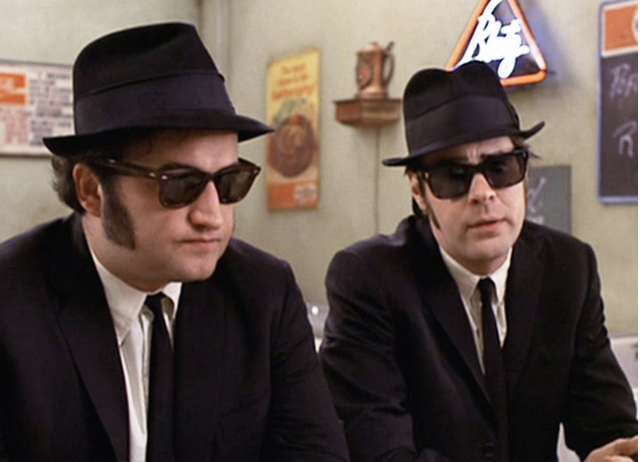
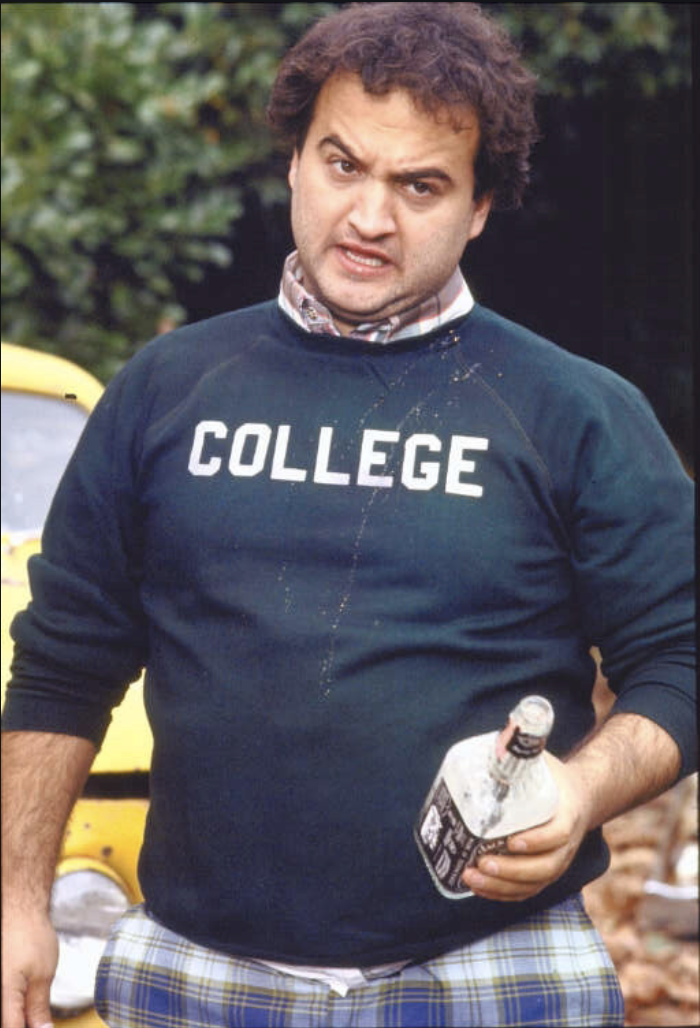
 RSS Feed
RSS Feed